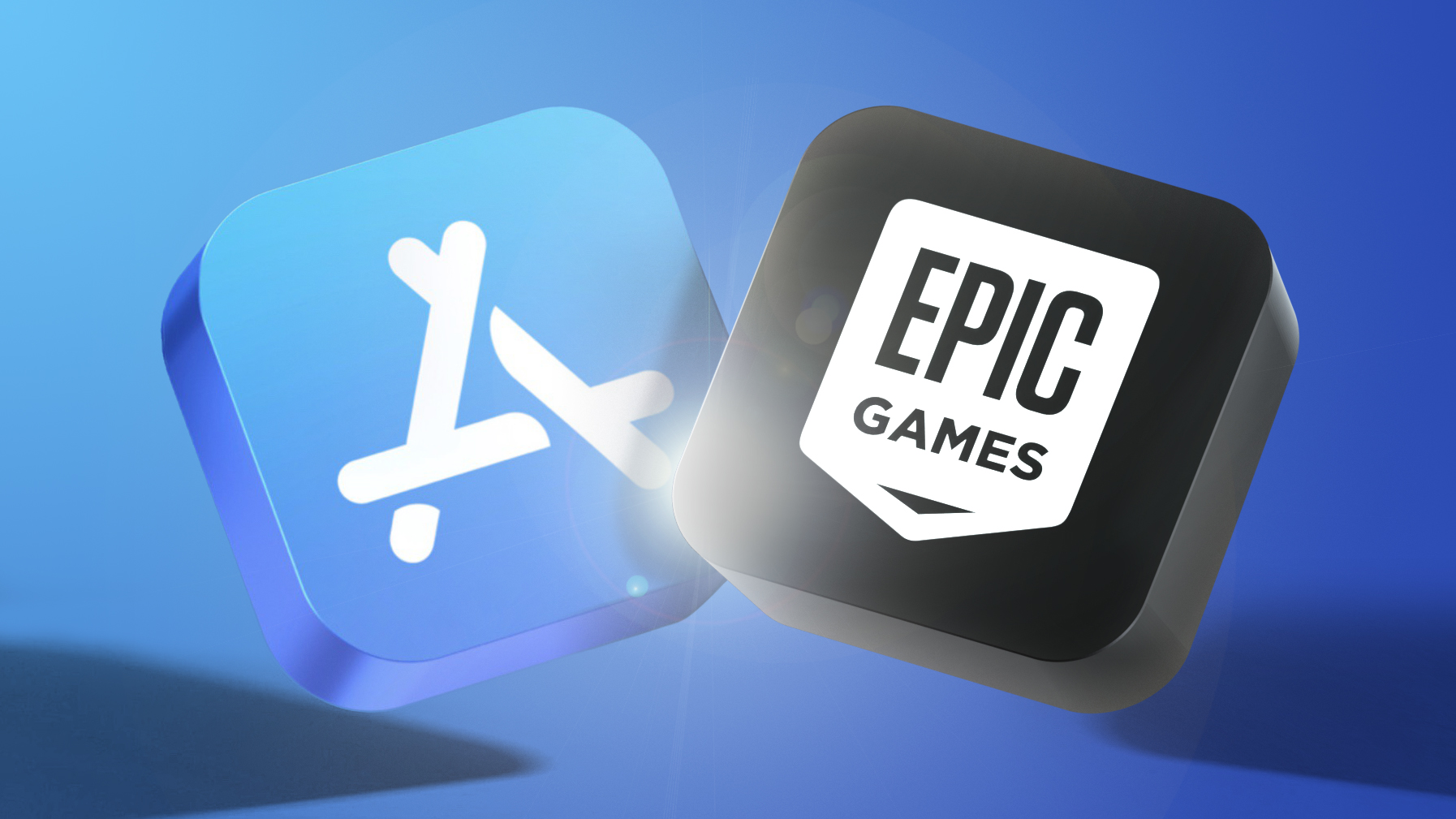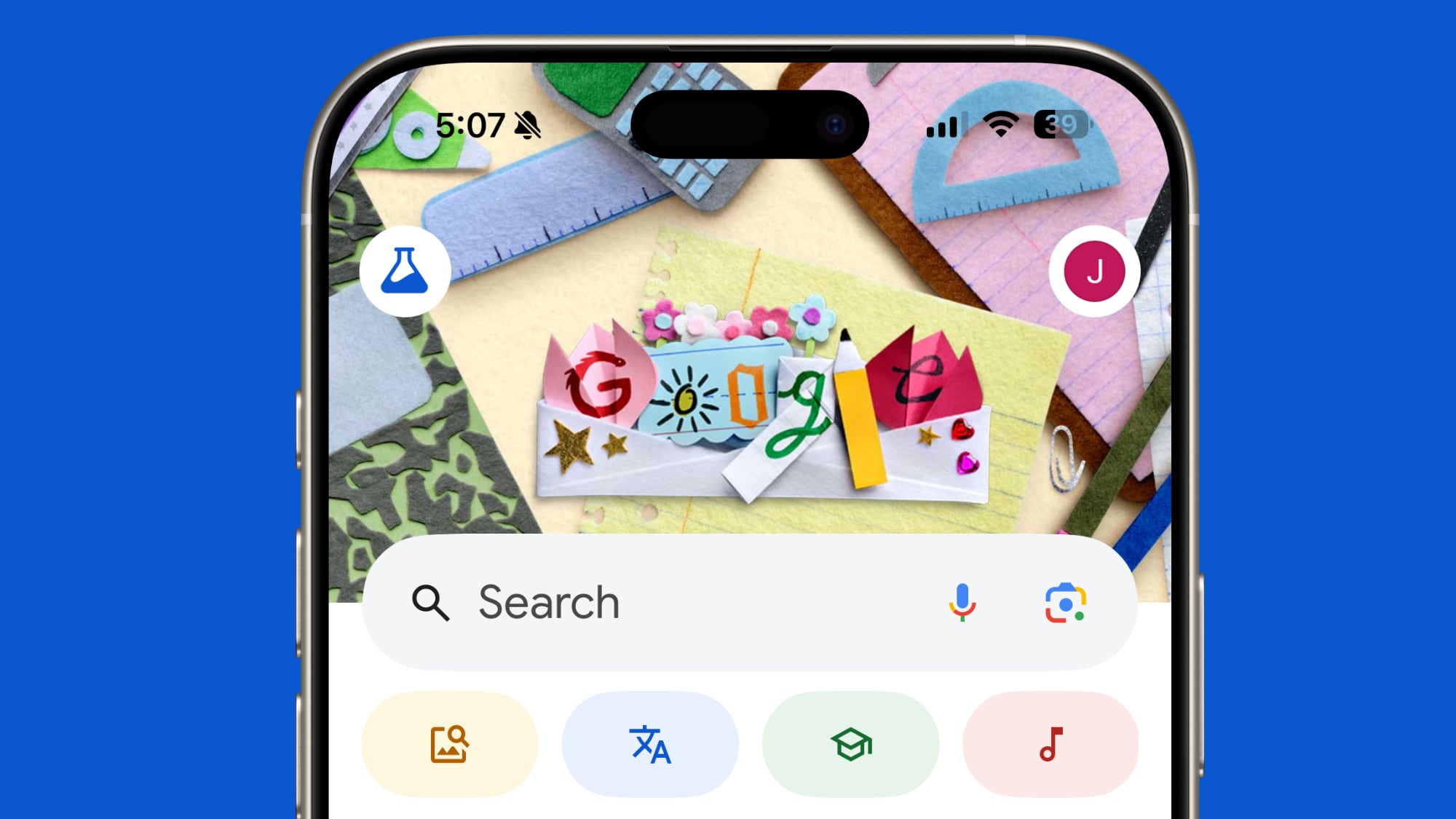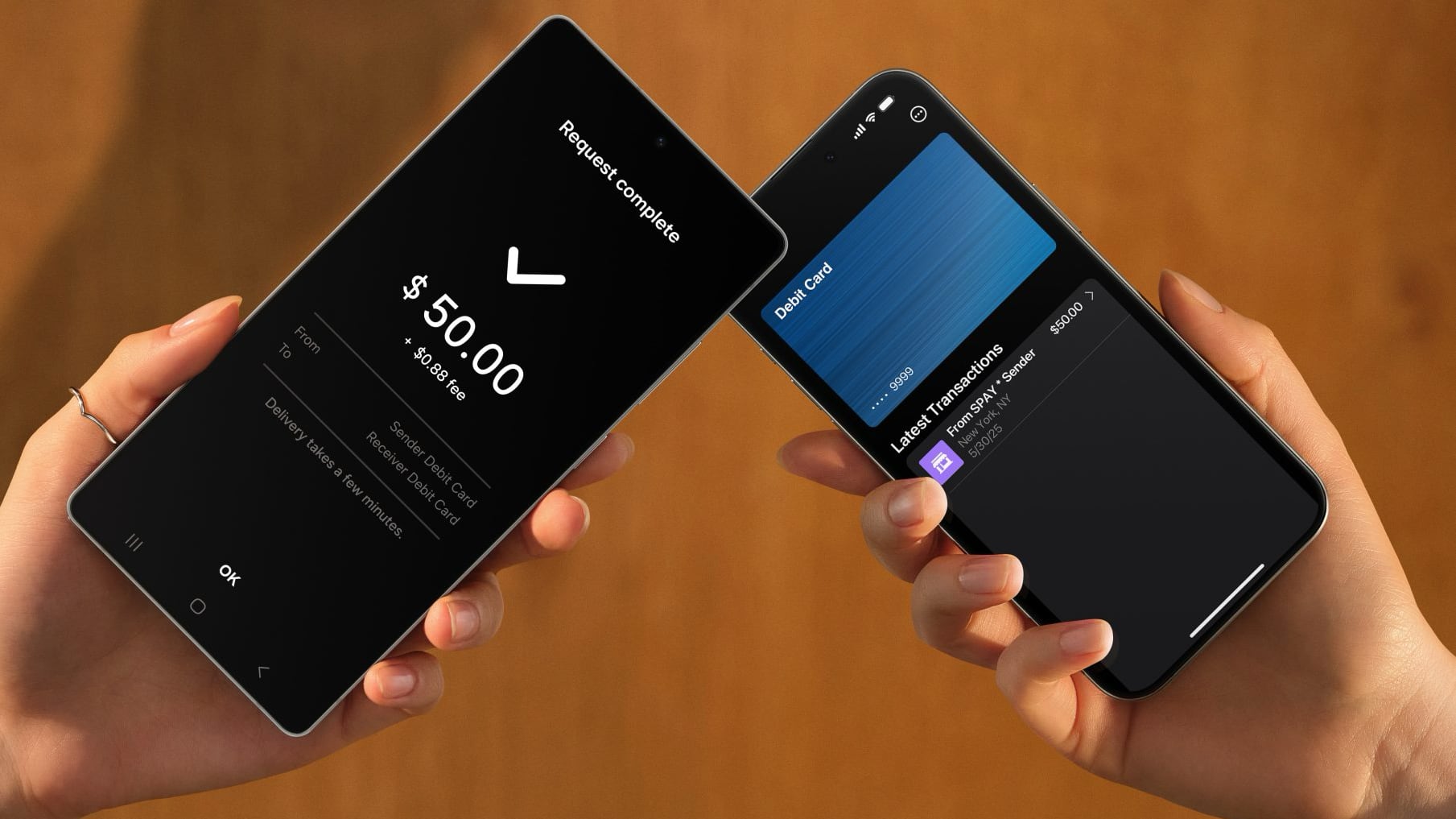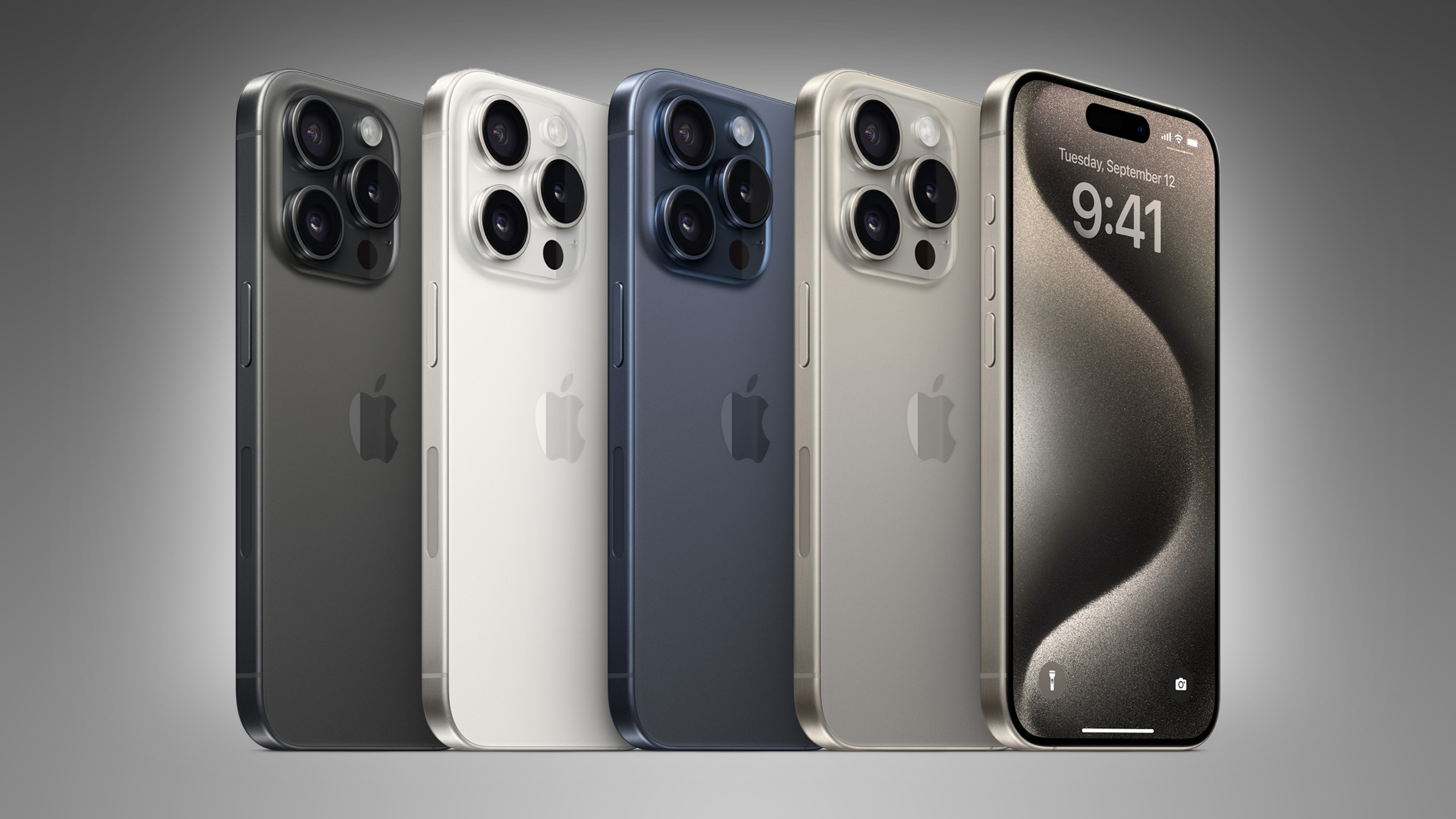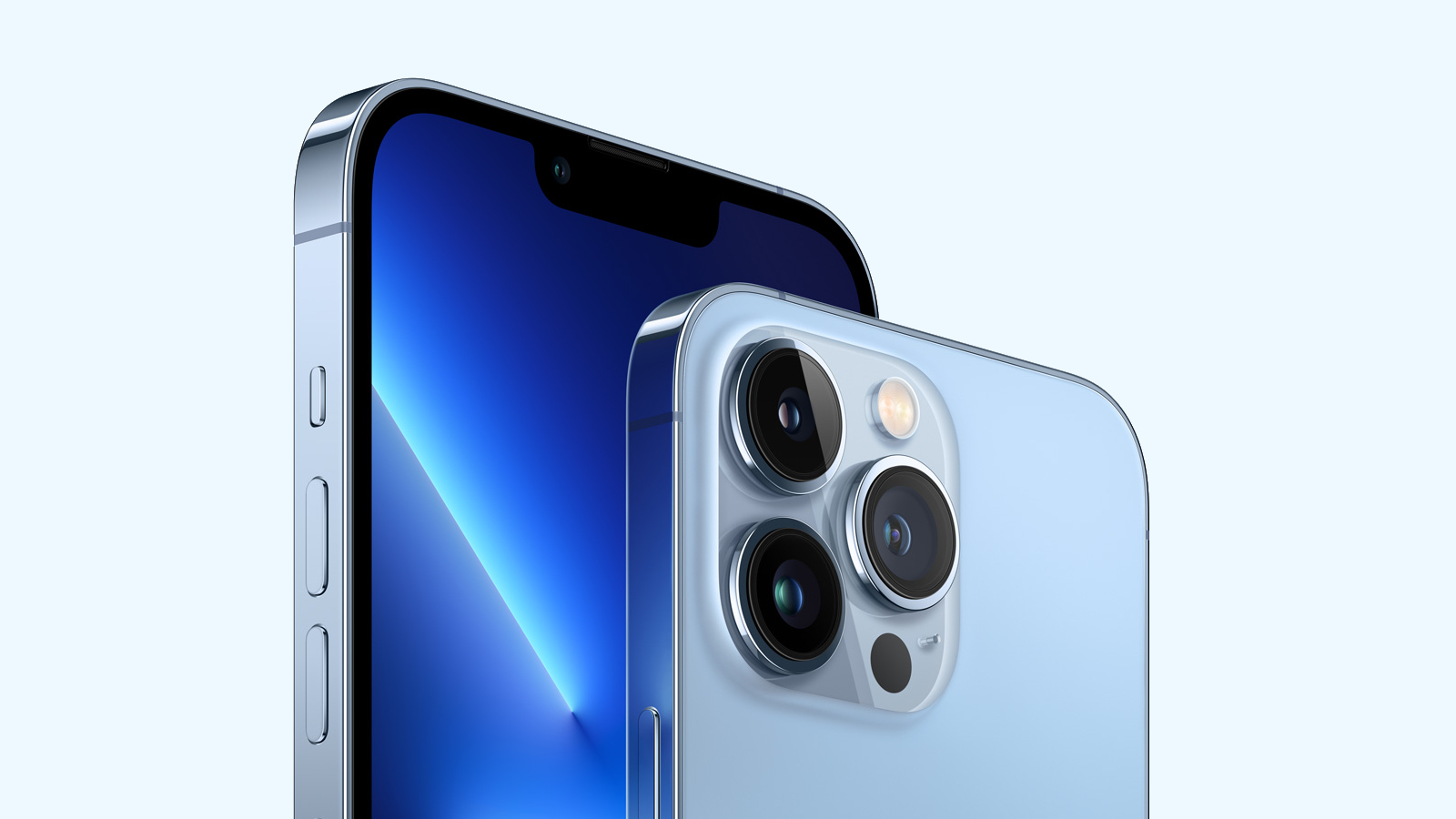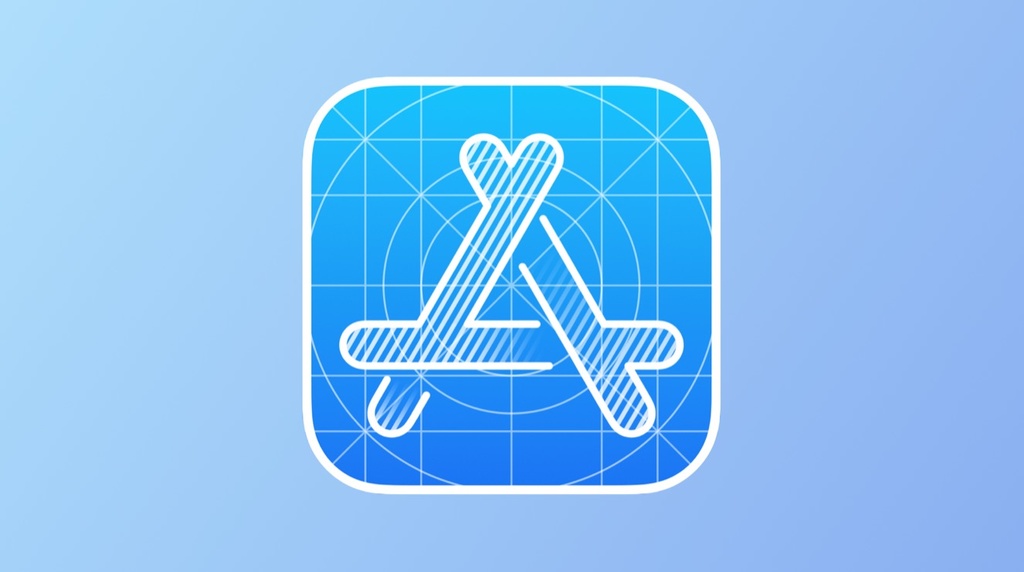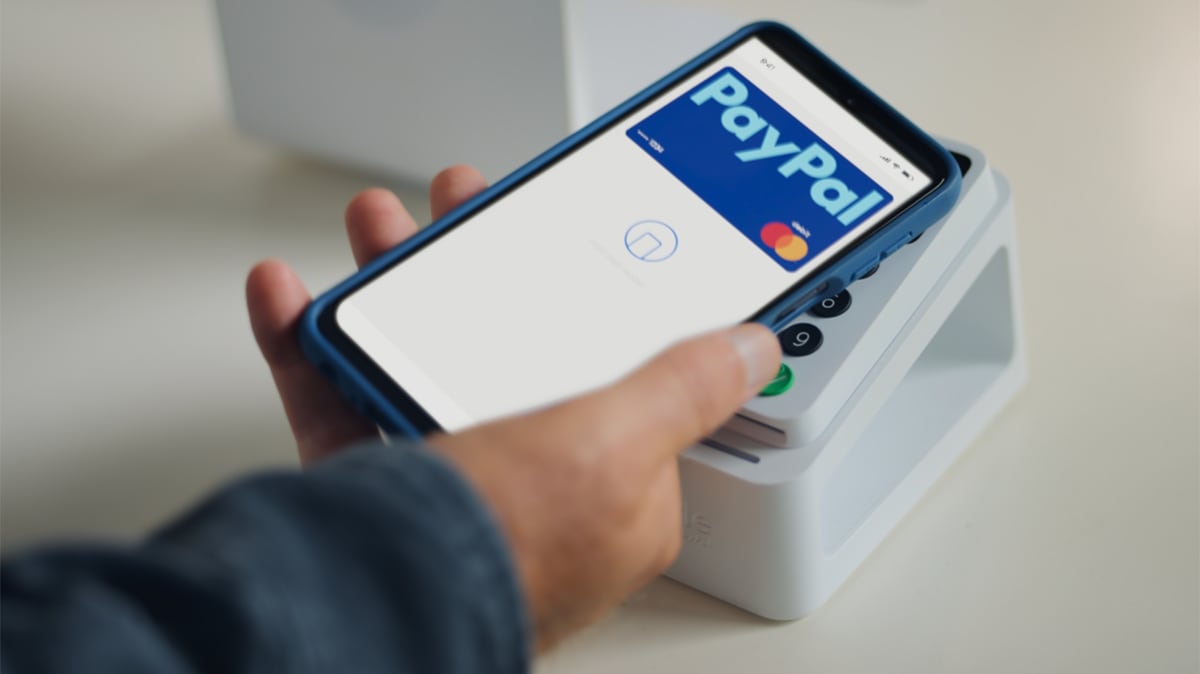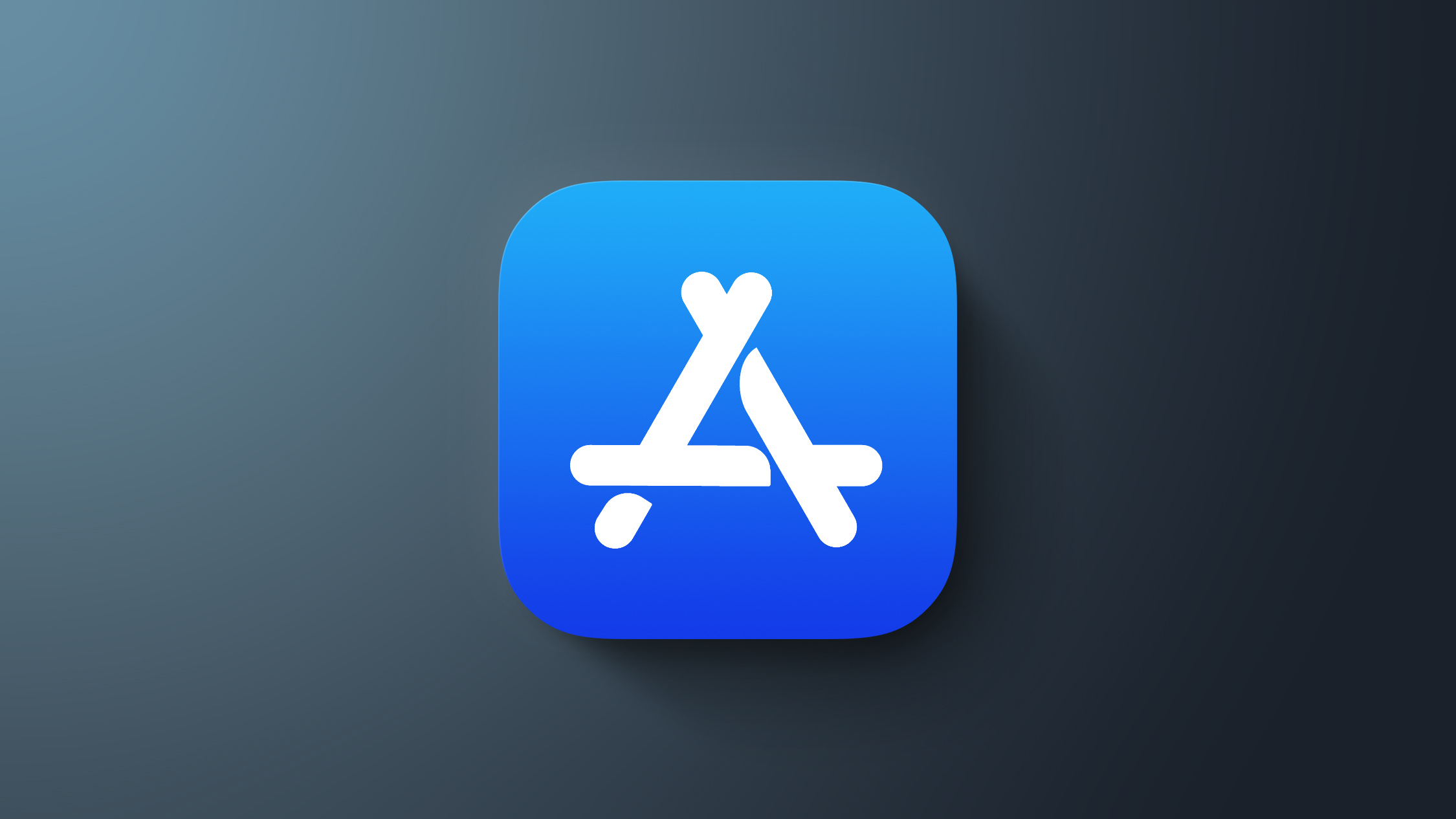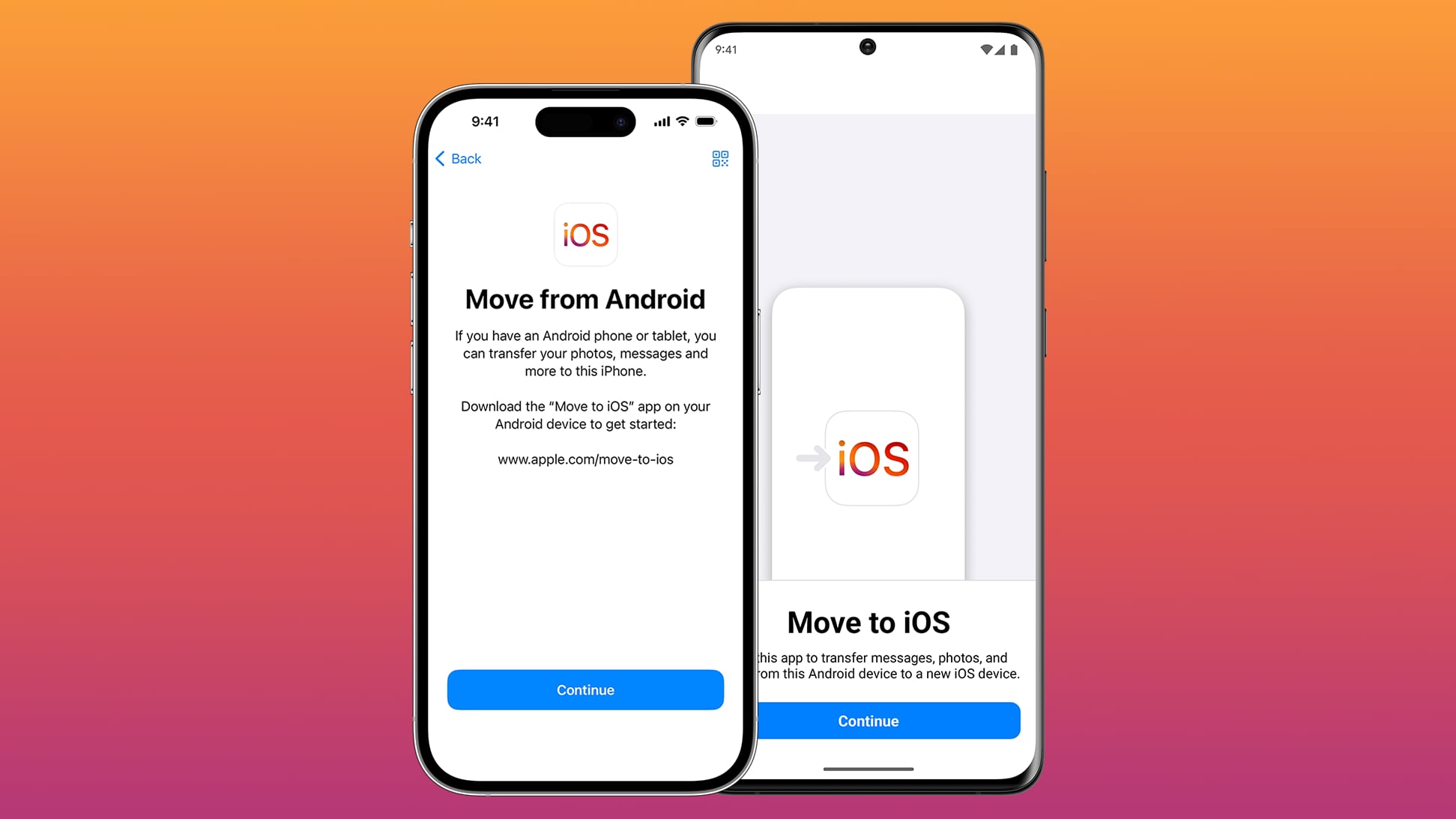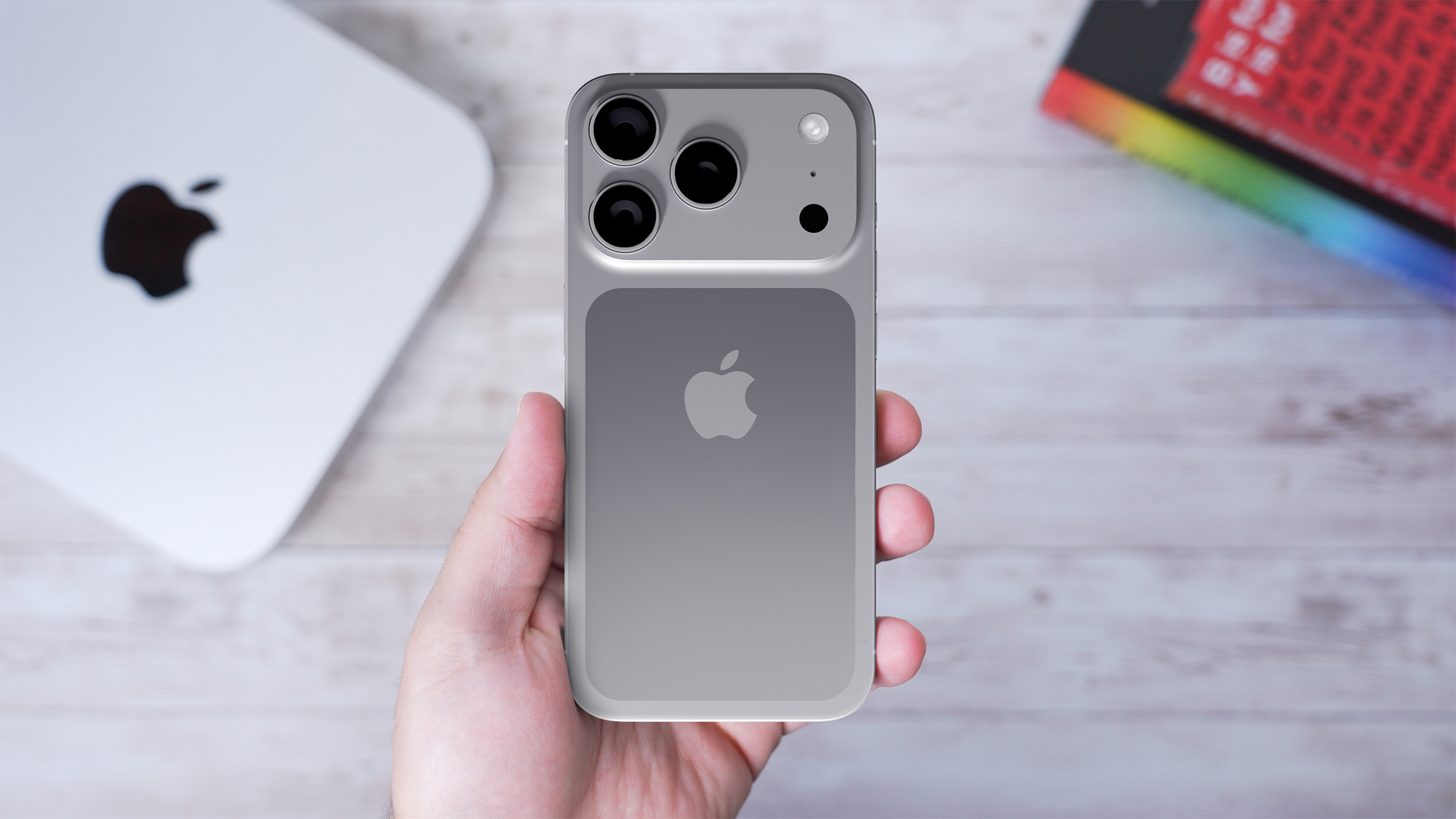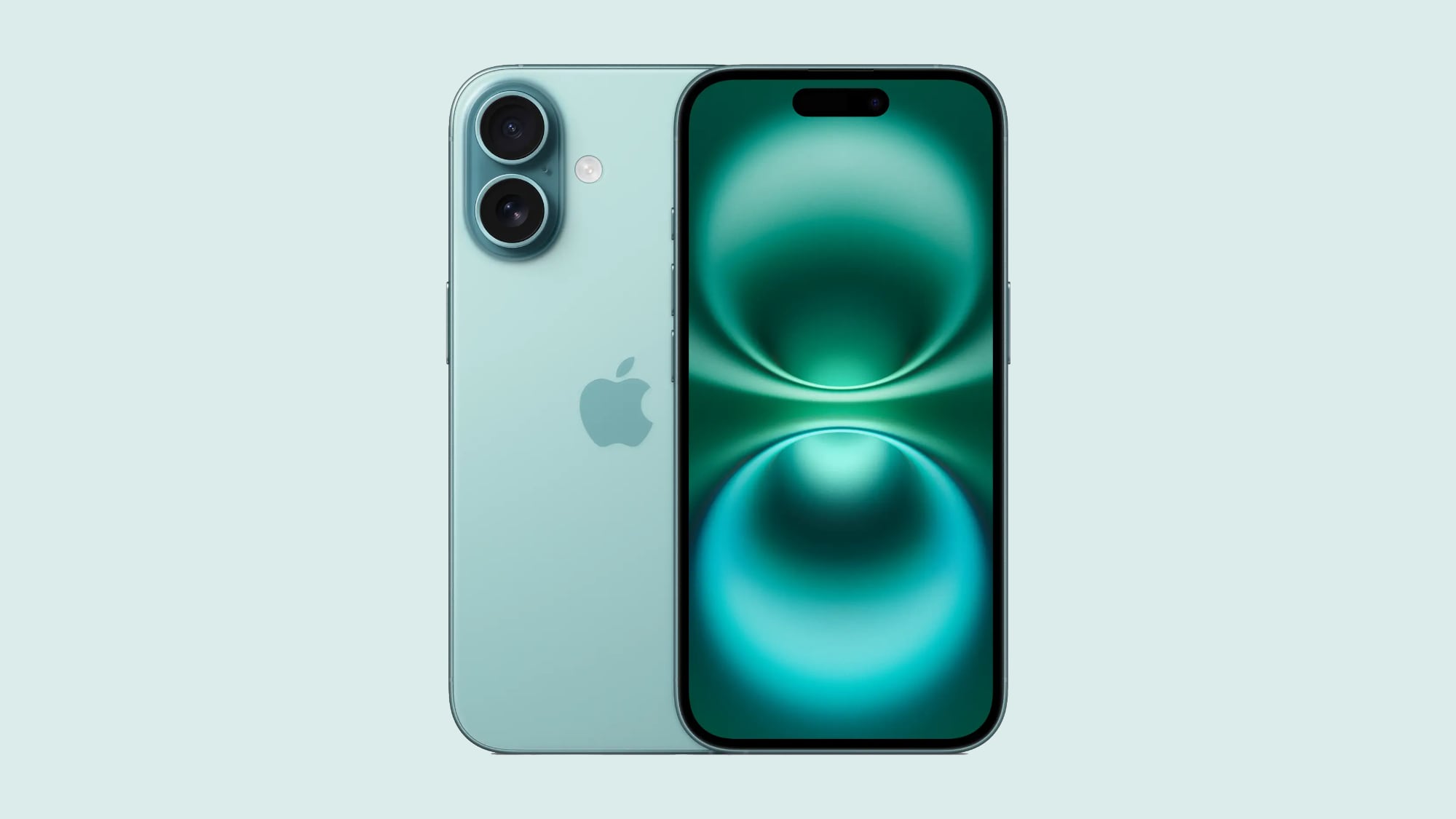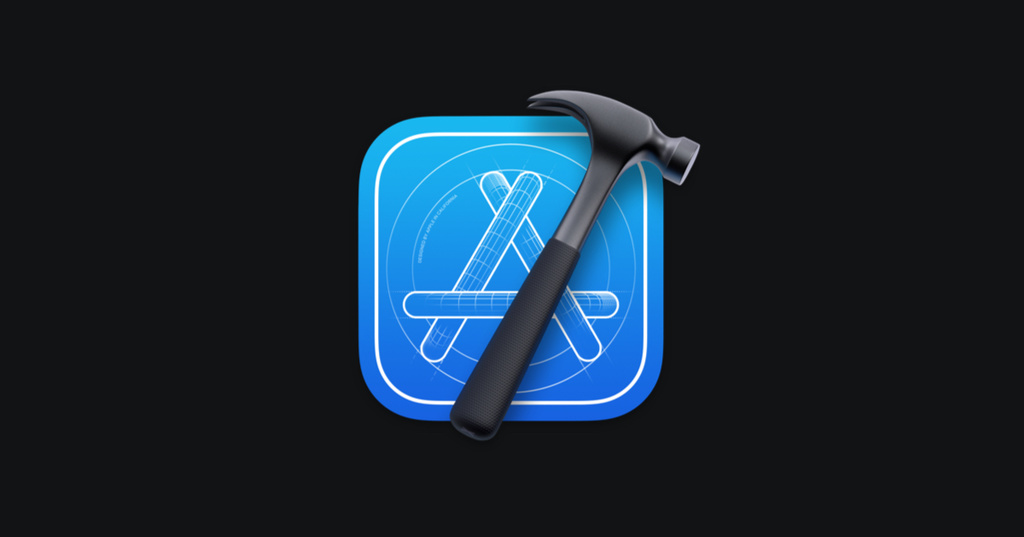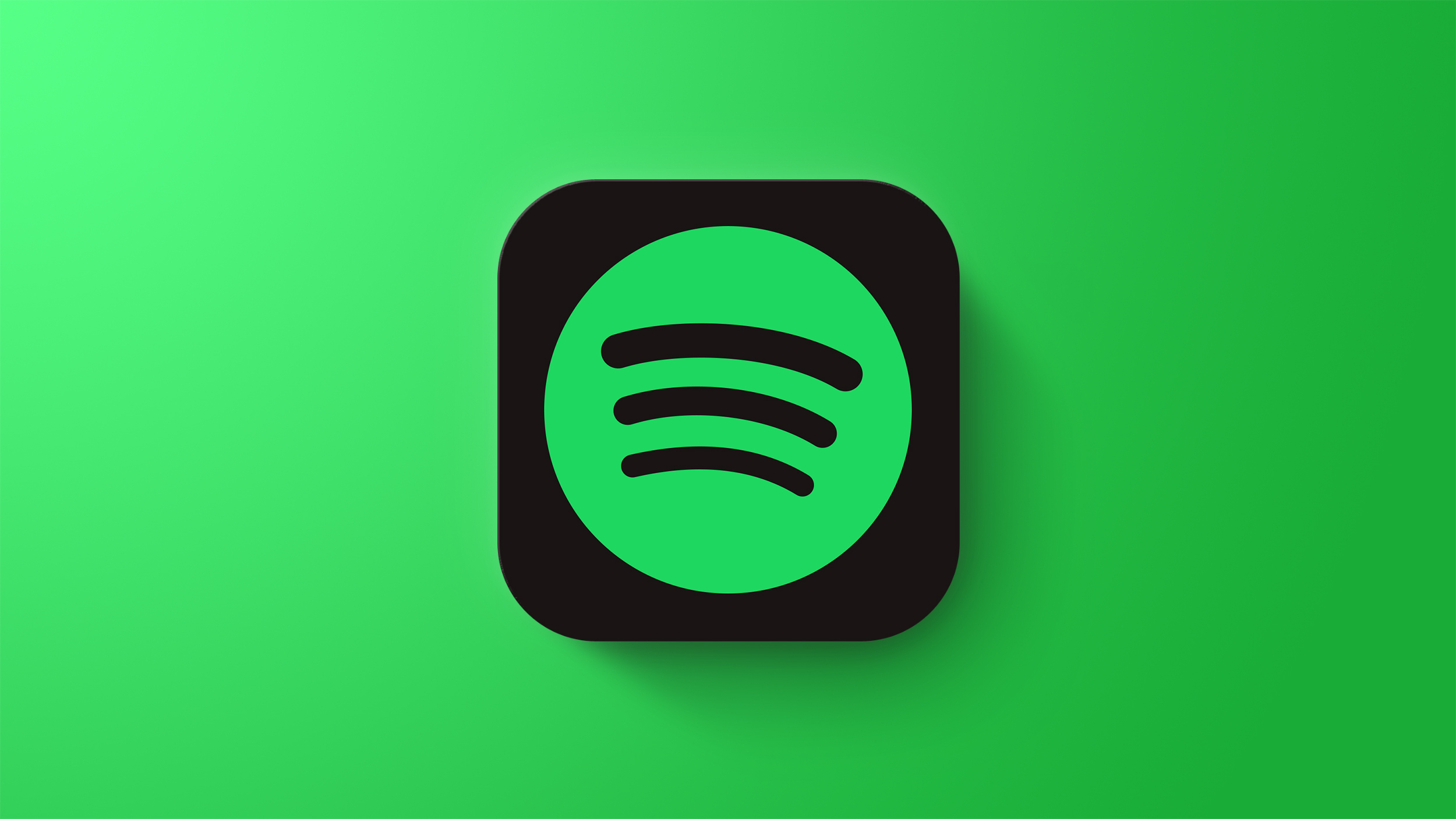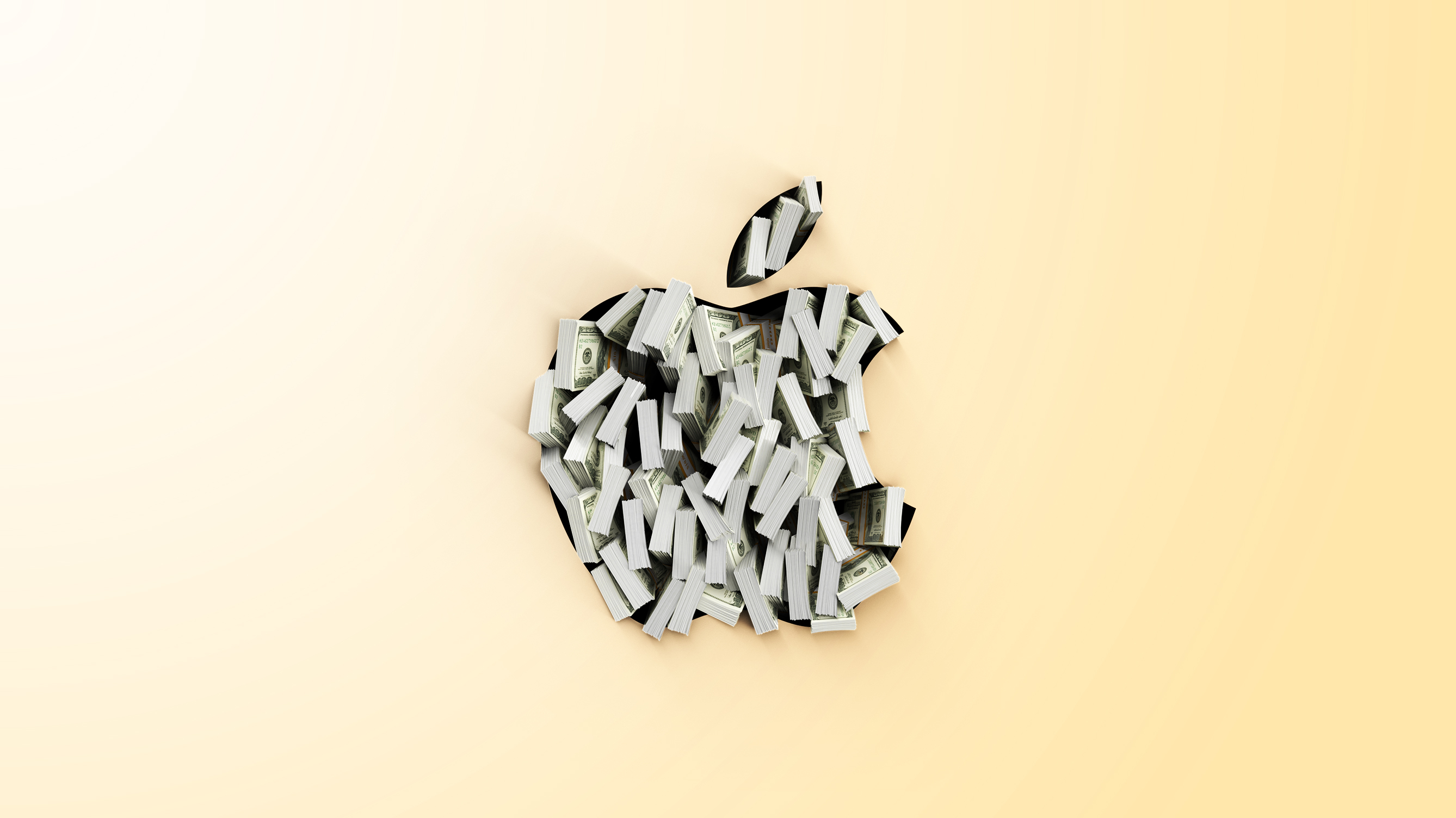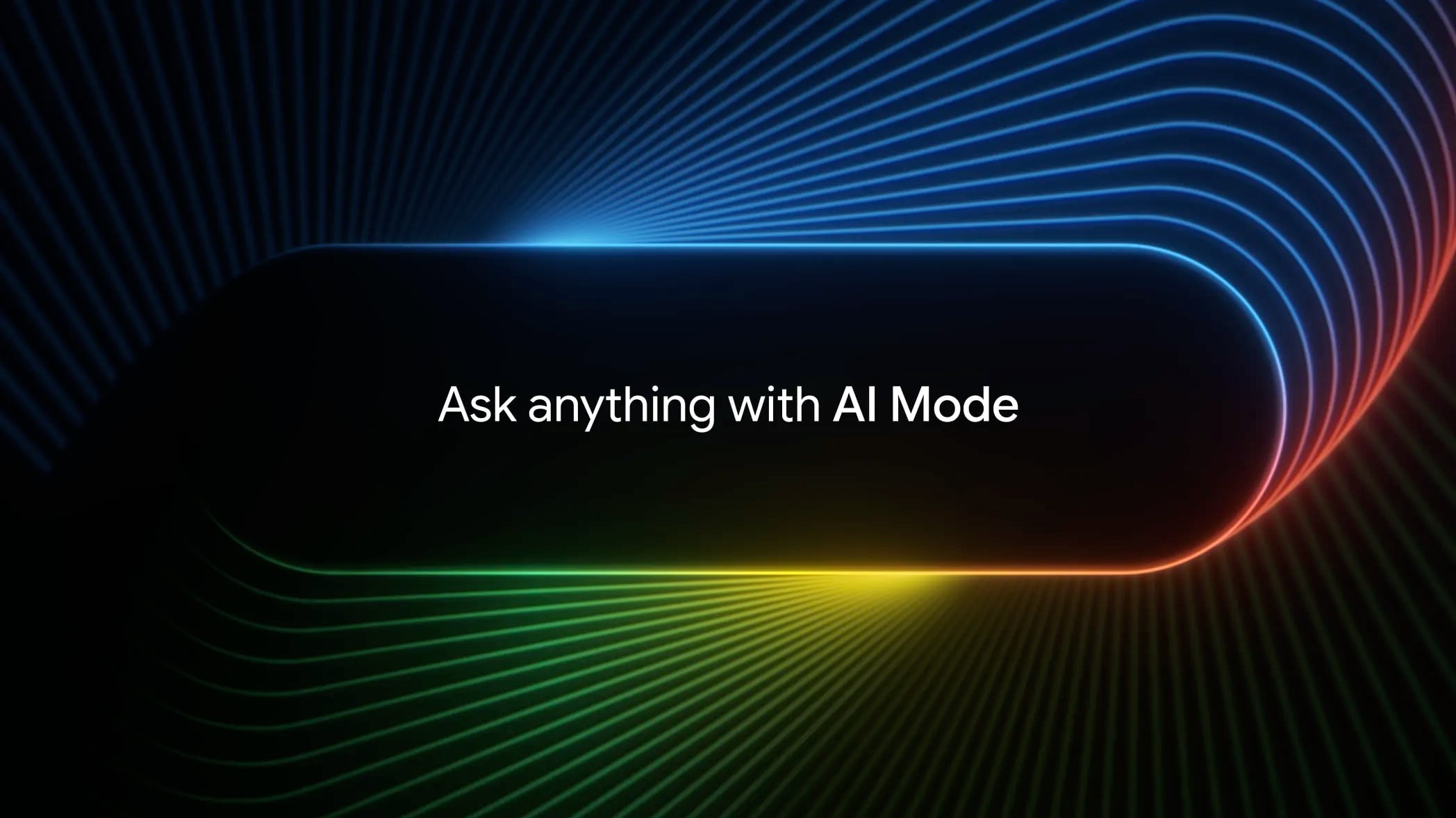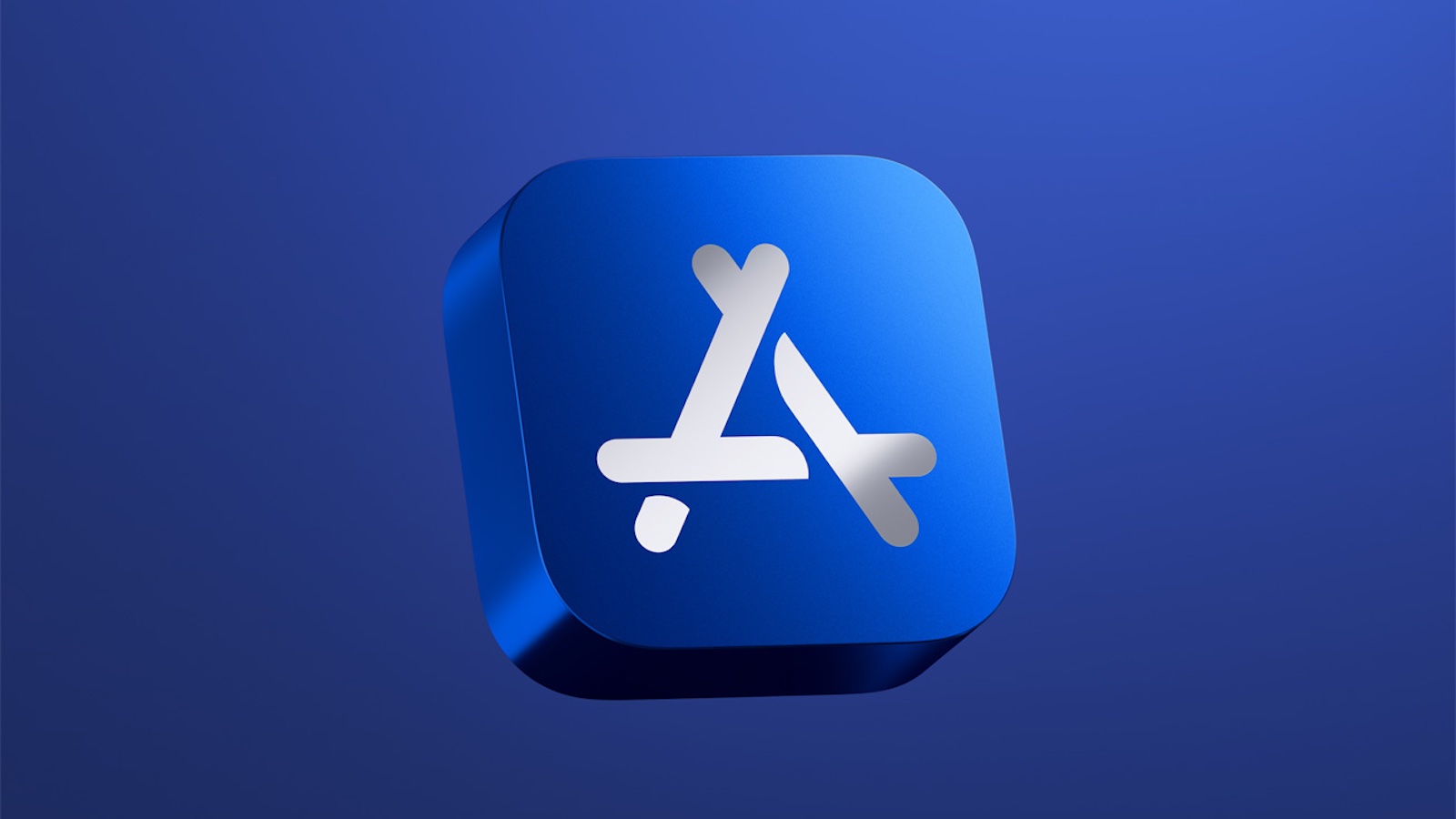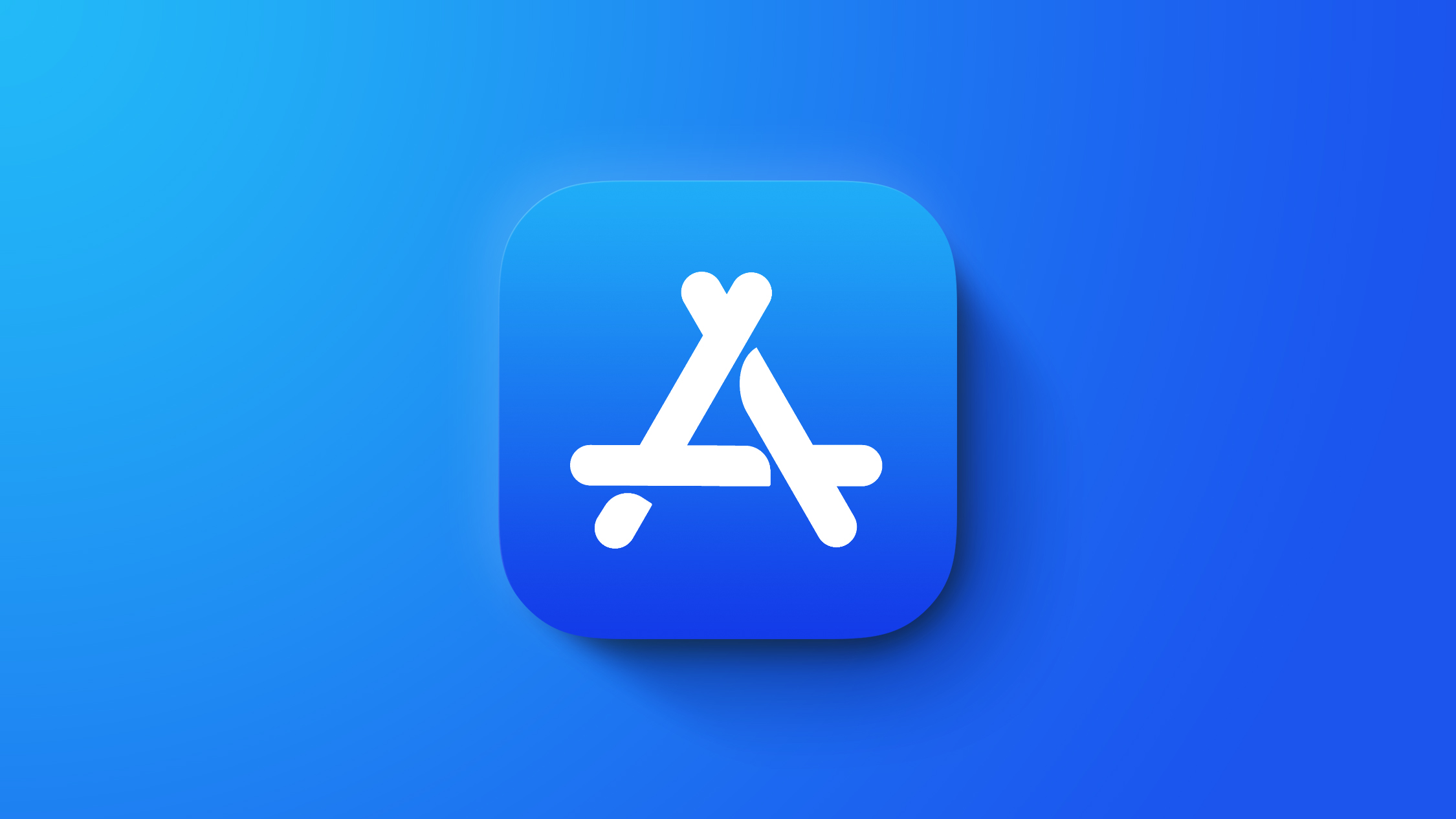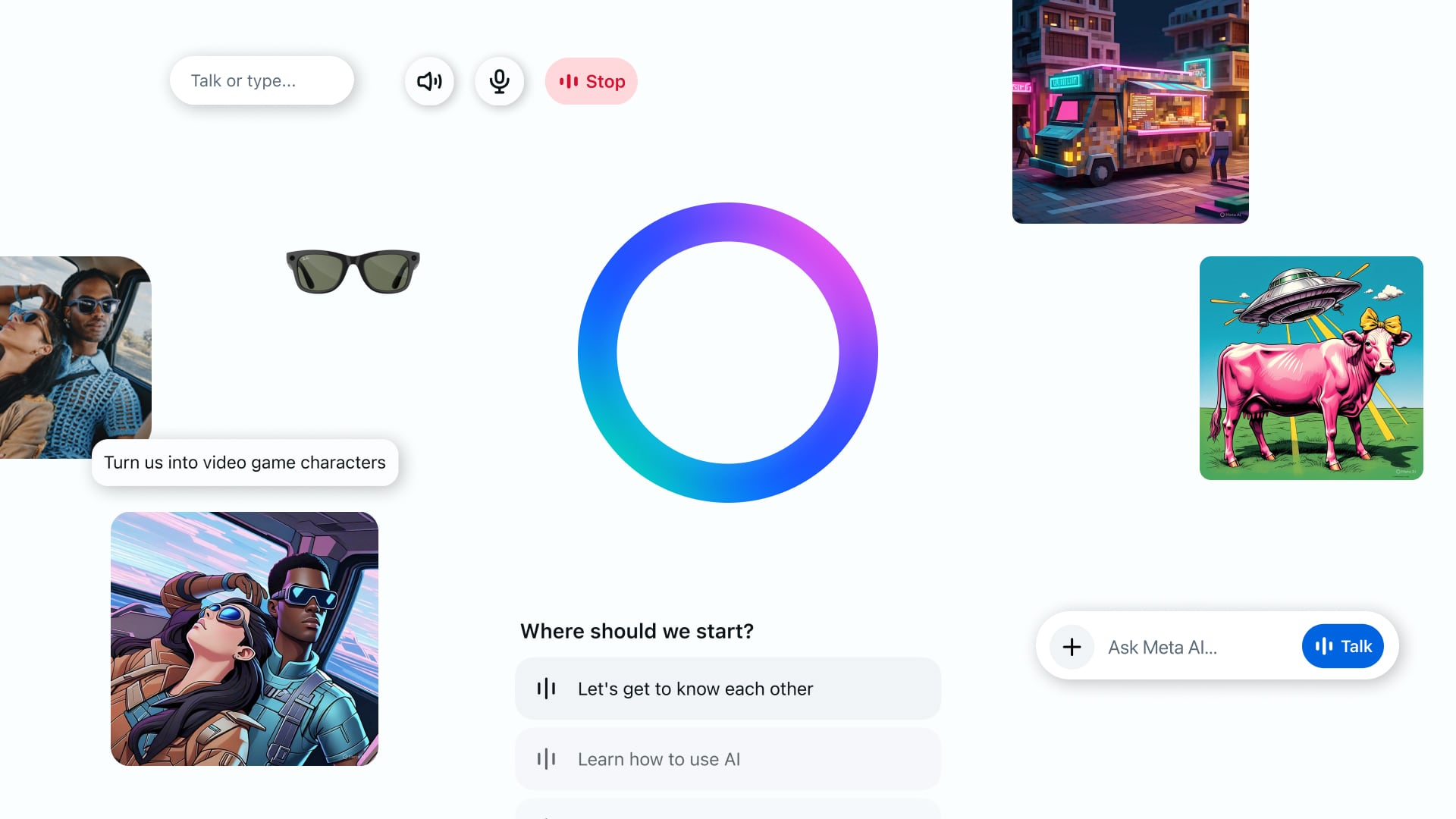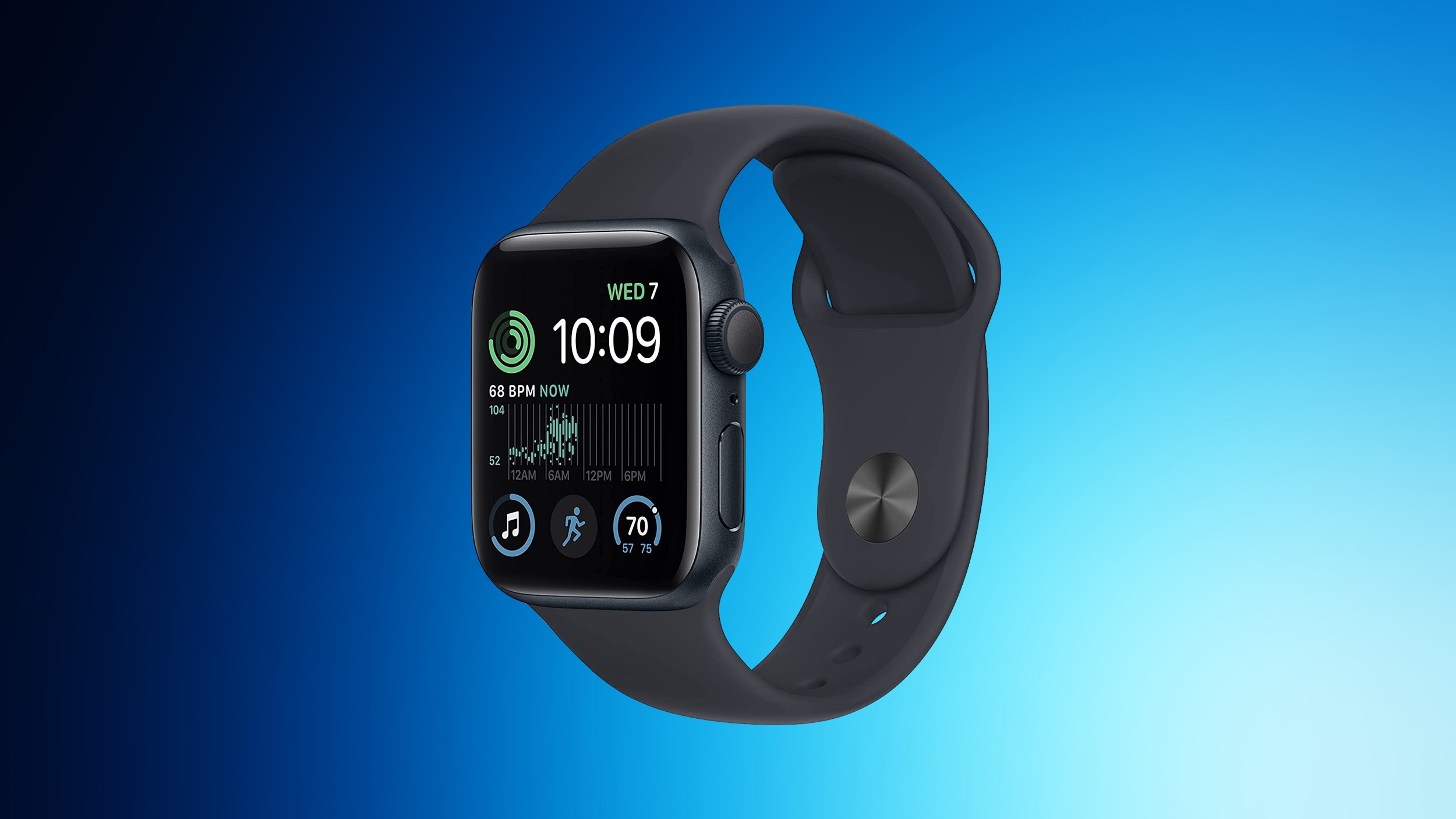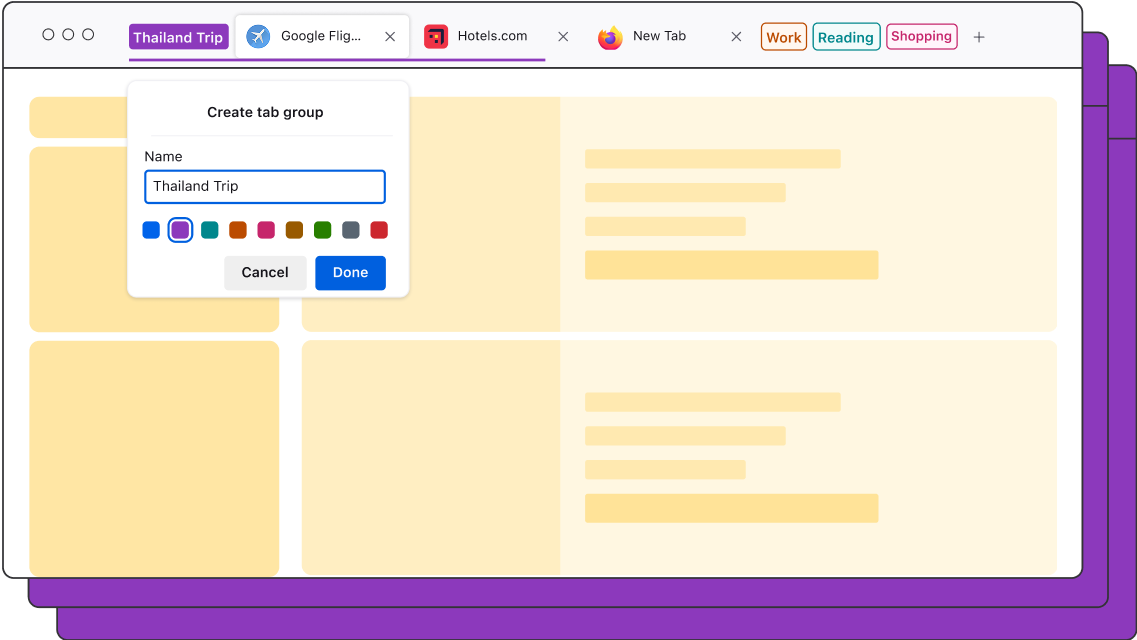During yesterday's earnings call, Apple CEO
Tim Cook said that the company's March quarter hadn't been impacted by Trump's tariffs because it was able to build up supply, but it will take a hit in the current quarter that ends in June. While Cook said that Apple had no updates to make on pricing at the current time, it's not clear how long Apple will be able to absorb tariff costs, especially if there are policy changes.

Apple's Current Tariffs
U.S. President Donald Trump has levied tariffs on almost every country, but there have been so many pauses and so much back and forth on tariff policy that it's tough to keep track of.
Right now, there is a 145 percent total tariff on goods imported from China into the United States. 20 percent of that was put into place earlier this year (the fentanyl tariff), and the other 125 percent is a direct result from "Liberation Day" and retaliatory tariffs put in place in the ongoing trade war with China.
Apple has been paying the 20 percent tariff on all products that it imports from China since that tariff was put in place, but Apple
has been exempted from the 125 percent additional tariff. In April, the Trump administration exempted most of Apple's devices, along with computer components, displays, TVs, and more.
There are some Apple products, such as accessories, that are not exempt from the extra 125 percent tariff in China, and Apple is paying the full 145 percent for those.
For all other countries except for China, Trump put a 10 percent tariff in place, with
higher "reciprocal" tariffs on multiple countries where Apple sources device components. Those tariffs ranged from 20 percent to 46 percent, but have been
subject to a 90-day pause since April 9. The pause does not apply to the baseline 10 percent tariff, so Apple would be paying a 10 percent tariff on goods imported from countries like India, Thailand, Vietnam, and the EU were it not exempt. Apple
is exempt from the 10 percent tariff, and it is not paying the reciprocal tariff rates at the current time.
In a nutshell: Apple is paying a 20 percent tariff for most of the products that it imports from China. For others, like accessories, Apple is paying 145 percent.
Apple's exemption is not a permanent status and the 90-day pause is temporary, so it's unclear how policies might change in the future.
How Apple Has Mitigated Tariffs So Far
For the March quarter, Cook said that Apple saw a limited impact from tariffs because the company was able to optimize its supply chain and inventory.
Basically, Apple knew the tariffs were coming, and stockpiled devices in the United States.
Cook said Apple already sources approximately half of the iPhones sold in the United States from India, and the company expects the majority of the iPhones sold in the U.S. in the coming months to have India as their country of origin. Almost all iPads, Macs, Apple Watches, and AirPods sold in the U.S. will be sourced from Vietnam. Sourcing devices from India and Vietnam means Apple doesn't currently have to pay the 20 percent tariff for goods from China, minimizing tariff impact.
June Quarter Impact
Apple isn't able to precisely estimate the impact from tariffs in the current quarter because it is "uncertain of potential future actions prior to the end of the quarter" in June.
Cook said that if the current global tariff rates do not change, policies remain the same, and no new tariffs are added, the tariffs will add $900 million to the company's costs. Cook cautioned that this was not an estimate that could be used for future quarters because of "unique factors" benefitting the June quarter, which suggests the impact could be more severe going forward.
If there are policy changes and additional tariffs introduced, it could cost Apple more than $900 million. Cook said that much of the $900 million estimate is from the 20 percent tariff that Apple is paying for goods coming from China. $900 million is less than one percent of Apple's quarterly revenue and under two percent of Apple's
iPhone sales, which is why Apple is able to absorb the current costs.
Cook said that Apple didn't know what would happen with tariffs, and he wasn't able to provide insight beyond June. He did say that Apple would continue to source U.S. devices outside of China, and that Apple's operations team has done "an incredible job around optimizing the supply chain and the inventory," which Apple will continue to do.
Starting today, the U.S. has removed the de minimus exemption that meant goods with a value under $800 were not subject to tariffs. That will impact the refurbished components that Apple receives from China for
AppleCare repairs, and Apple will need to tweak its supply chain and procedures to avoid it.
The Section 232 Investigation
In mid-April, the Trump administration
initiated a Section 232 investigation that will focus on recommendations to reduce dependence on foreign suppliers, and it covers rare earth metals, magnets, semiconductors, and other products that Apple uses.
Depending on the outcome of the Section 232 investigation, Trump could levy additional fees on semiconductors and equipment for manufacturing semiconductors, along with critical minerals. New tariffs on semiconductors would impact Apple.
The Section 232 investigation spans several months and we may not see any outcome from it until December 2025, after which Trump will need to decide on a solution. So we could be looking at 2026 for any kind of dedicated semiconductor tariff.
The 90-day tariff pause is shorter term, and Apple's exemption could end at any point.
Manufacturers Already Raising Prices
Other tech companies and electronic manufacturers that have not been exempted from the current tariffs give us some insight into what might happen if Apple is hit with new tariffs. Several companies have already raised prices, and there's undoubtedly more to come.
- Xbox - The Xbox Series X is 20 percent more expensive, and it costs $600 instead of $500. Microsoft has also raised prices on other devices.
- PlayStation - The PlayStation 5 Pro is priced at $700, up from $590.
- MSI Claw 8 - MSI's handheld PC is $1,000, up from $900. Other products have also gone up in price.
- DJI - DJI's Osmo Pocket 3 camera is now $799, up from $519.
- Legion Go S - Lenovo's Legion Go S is $549, up from $500.
- Segway - Segway upped the price of the Ninebot F3 to $1,000. It was $850 before the tariffs.
- Bambu - The X1 Carbon 3D printer is $1,500, up from $1,200. The new H2D printer, announced right around when tariffs hit, is $2,400, up from $1,900 when it was introduced.
- Anycubic Kobra S - Now $700, up from $550.
- Temu and Shein - Chinese retailers are adding tariff fees to purchases. These companies will be hit hard with the end of the de minimis exemption.
How Much Could Prices Go Up?
When tariffs were first announced, there were a slew of stories suggesting the iPhone
could cost hundreds to thousands of dollars more, but it's doubtful prices would actually increase that much. Consumers wouldn't be willing to pay those kinds of fees, plus Apple has plans to mitigate some of the tariff impact.
Apple is sourcing some components in the United States, including chips from a TSMC factory in Arizona, and it has diversified enough that if Trump lowers tariffs in India, Vietnam, Thailand, and other countries, prices won't increase as much. Apple is also sizable enough that it can negotiate some of its costs down.
Apple can certainly absorb some of the tariff impact as it is doing now, but that's not sustainable long term. With no relief, Apple will need to raise prices, and the question isn't if, but when. It's not likely that we'll see price increases mid-cycle on existing devices, but it is possible we could see a jump in cost with the debut of the
iPhone 17 models.
This article, "
Apple Absorbs Tariff Costs While Electronics Prices Surge, But How Long Will It Last?" first appeared on
MacRumors.comDiscuss this article in our forums
